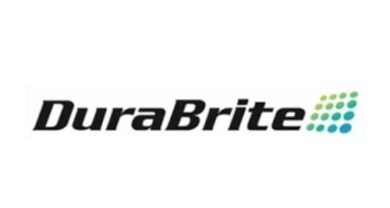All aboard the consolidation train
f expectations are fulfilled regarding the Obama administration and its potential new tax policies, conditions could be ripe for marine dealership acquisition in the near future.
The administration is expected to raise the federal capital gains tax rate, a move that may prompt dealer principals nearing retirement to sell while they can still take advantage of current tax rates.
Media reports have pointed to the current federal capital gains tax rate of 15 percent — the lowest rate since before World War II — perhaps increasing by 5-10 percentage points, if not more. Of course, no one knows if or when new tax rates will go into effect.
In the past, dealership sellers commonly were paid all, or almost all, the purchase price at the time of closing. Since most buyers don’t have that kind of cash available, such purchases have been financed to a large degree by banks or other traditional lenders, said Jim Krendl, an attorney who’s been involved with a number of acquisitions for powersports dealers.
However, if sellers are to take advantage of the current low tax rate, then they’ll likely have to use some sort of creative financing. “It’s awful out there,” Krendl said. “Bank loan officers will virtually say, ‘I’m not making loans these days.’”
To overcome that hurdle, he advises sellers essentially take on the role of the lender. Instead of the buyer signing a promissory note —– a basic lending agreement —– to a bank or financial institution, they sign the note to the seller.
“One of the things I always get is a buyer will say, ‘Gosh, I have to sign a promissory note and it will have penalties in it and they can collect attorney fees if I don’t pay them?’” Krendl said. “So I’ll say, ‘What kind of promissory note do you think you would have signed to the bank?’”
Such an agreement could prove to be beneficial to the buyer, who is likely to get more reasonable terms in the loan agreement from a seller than a bank. As an example, Krendl pointed out that one major bank he deals with has a standard provision in its loans that essentially says, “If we decide that there have been regulatory or legal changes that require modification in your loan agreement, you agree we can make those changes.”
For the seller, this type of financing means they must be cautious about who they sell to since, if the buyer’s business turns for the worse, getting the full loan amount could prove to be difficult.
Krendl says sellers can have the same rights that a bank would have to investigate, ask for financial statements or collateral to secure whatever payment is due. “However, by and large, I don’t find that’s much of an issue,” he said of potential buyers’ backgrounds. “If a buyer walks in and has, out of a $3 million deal, a million dollars of his own money that he wants to put down as a down payment, it’s pretty hard to believe he’s not a substantial guy.”
Connections within the industry also prove useful in deciding the business acumen of a potential buyer. “If I’m representing a dealer who wants to buy a dealership from another dealer, they are in the same business,” Krendl said. “They know each other. They know the same people. My experience is a typical seller knows pretty well when he sees the buyer if this is reputable guy who’s well known in the industry for being able to run a dealership successfully. The seller probably knows that better than a bank knows that.”




